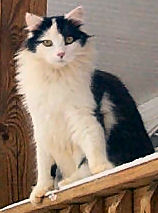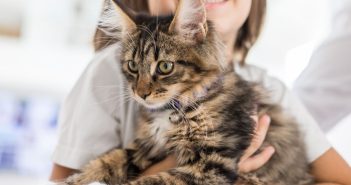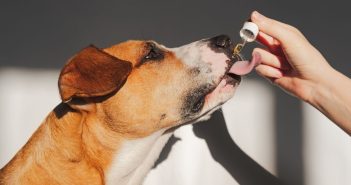by Mya Blake
 Feline Leukemia Virus (FeLV) is a deadly disease that can be prevented through regular vaccinations. Unfortunately, however, one out of every 10 cats die, every year, from this supposedly preventable disease. While the majority of these animals are strays, the risk of infection is serious enough that you should want to get your own pet vaccinated. It is also important that you ensure your cat receives regular health examinations and checkups; a weakened immune system raises the chances of possible infection.
Feline Leukemia Virus (FeLV) is a deadly disease that can be prevented through regular vaccinations. Unfortunately, however, one out of every 10 cats die, every year, from this supposedly preventable disease. While the majority of these animals are strays, the risk of infection is serious enough that you should want to get your own pet vaccinated. It is also important that you ensure your cat receives regular health examinations and checkups; a weakened immune system raises the chances of possible infection.
There are three main strains of FeLV, labeled A, B and C types, and cats that test positive for the virus may be infected with one, two or all three strains of the virus. FeLV-A affects 100% of all infected cats, causing a severe immunosuppression, or weakened immune system (this is why it is commonly referred to as feline or cat AIDS). This strain of the virus makes it easy for the cat to contract a large number of other infections, as well as being infected with the FeLV.
FeLV-B is present in about 50% of all infected cats. The B strain of the virus causes neoplastic disease damage, resulting in tumors and other abnormal tissue growths. More rare is the C strain of the virus, which only occurs in 1% of all infected cats, and causes low red blood cell counts, resulting in anemia. All 3 strains of the virus are contagious and can be spread through the urine, feces, tears, or saliva of an infected cat. Additionally, FeLV can be passed from a gestating (pregnant) cat, to her unborn kittens.
While no vaccine is 100% effective, research has discovered that vaccinated cats may develop a short-term infection after exposure to the disease, they rarely develop the disease in its clinical form. Vaccinate kittens at 9-10 weeks of age and then give them a booster shot . Adult cats should receive an annual booster, along with their normal booster shots.



